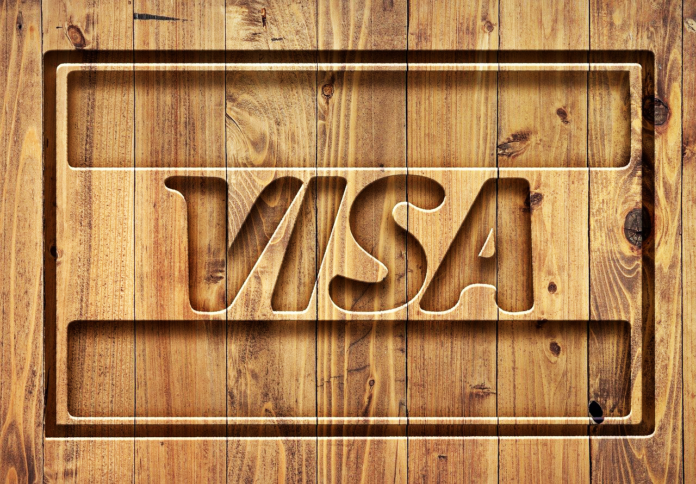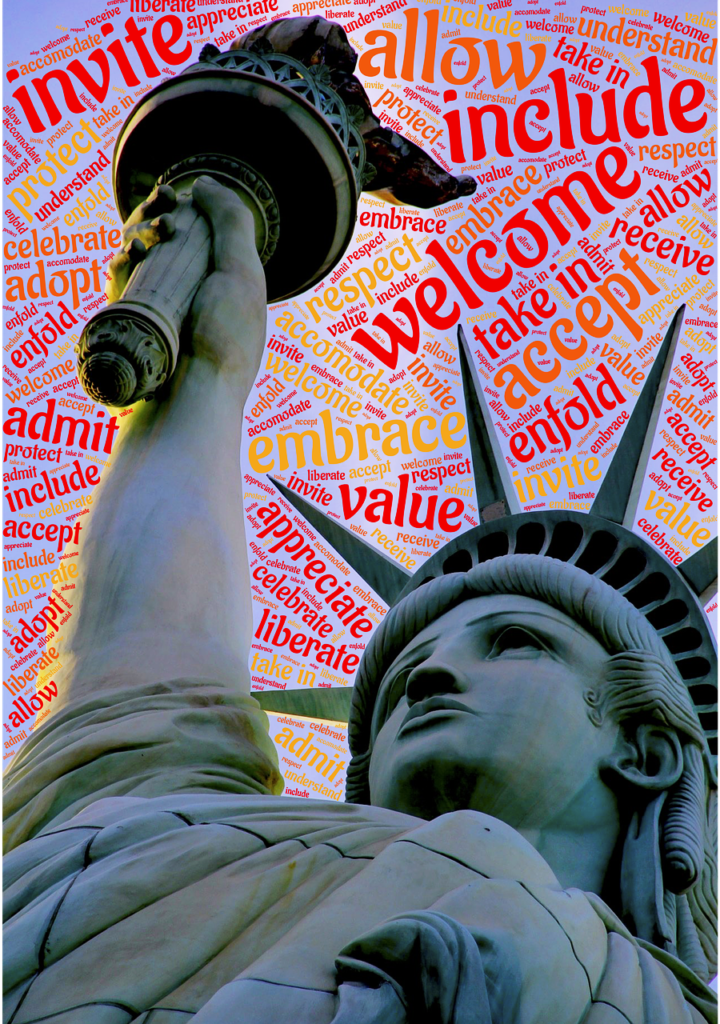Why do 80% of people fail to get a visa on their first attempt? It’s a common problem faced by many who dream of traveling, studying, or working abroad. Getting a visa isn’t always straightforward, and several factors can lead to rejection, especially if you’re applying for the first time. One of the main reasons is incomplete or incorrect paperwork. Many applicants don’t realize how strict the visa process can be. Minor errors, like missing a signature or providing the wrong document, can result in denial. Before applying, it’s essential to carefully check every detail and ensure all required documents are in order. Financial stability is another critical factor. Visa officers need proof that you have enough money to support yourself during your stay. If your bank statements don’t show sufficient funds or look inconsistent, it can raise red flags.
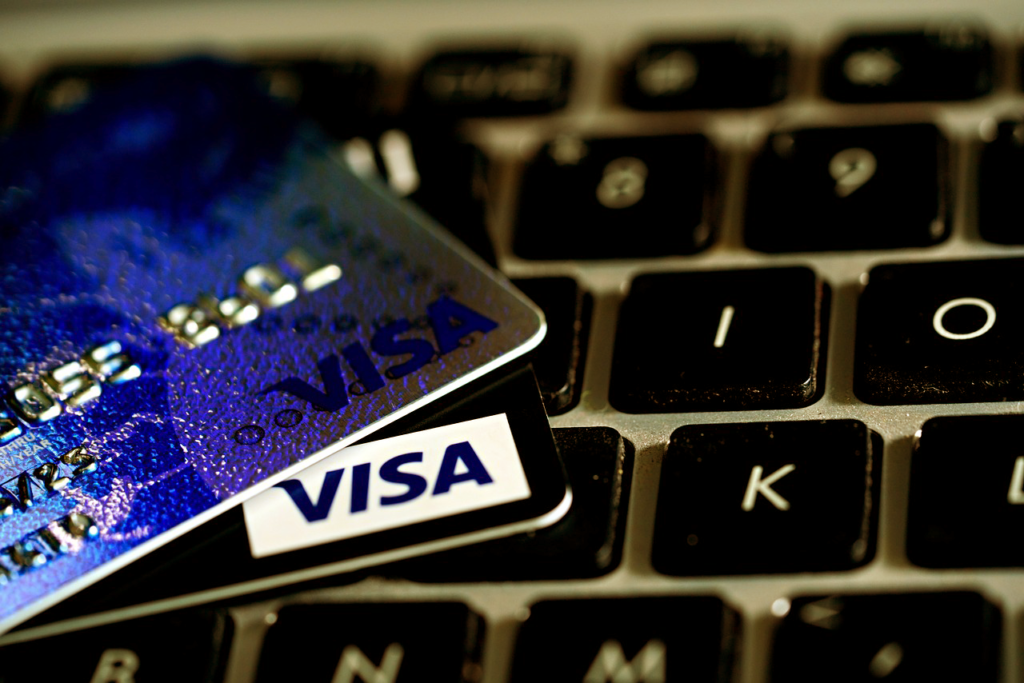
This is especially true if you’re applying for a tourist or student visa. The authorities want to make sure you won’t face financial difficulties or become a burden on their system. Another common issue is not showing strong ties to your home country. Visa officers are often concerned that applicants might not return after their visit. They want proof that you have reasons to return home, whether it’s a stable job, family, or property. If they suspect you might overstay your visa, they’re more likely to deny it. Interviews can also make or break your application. If you come across as nervous or unprepared, it might seem like you’re hiding something, even if you’re not. Confidence and clear communication can go a long way in making a positive impression.
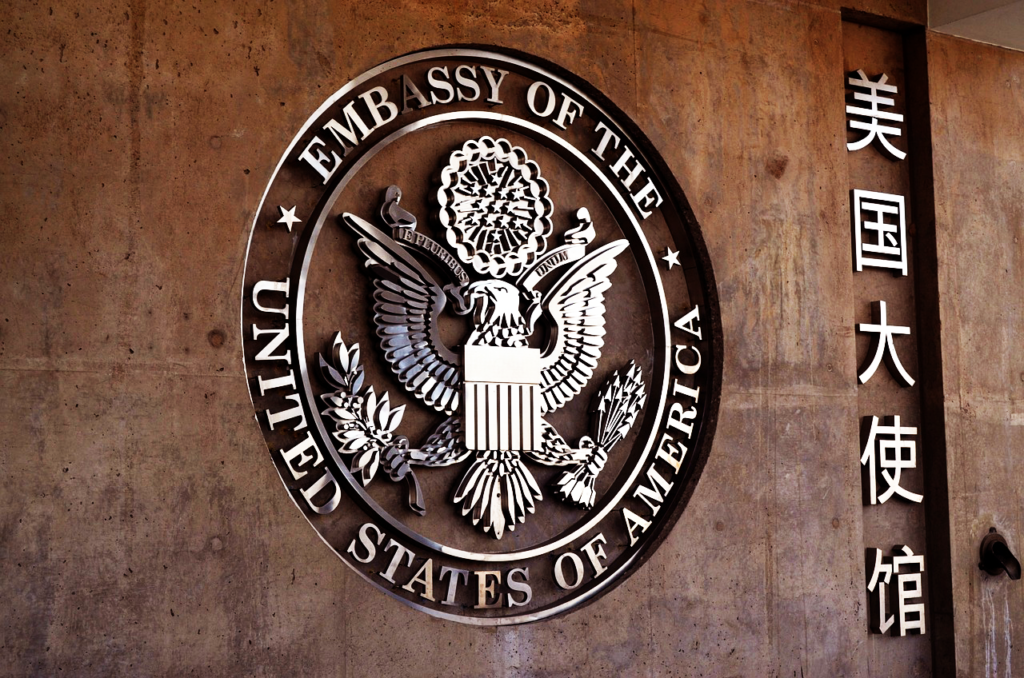
Sometimes, previous travel history plays a role. If you’ve been denied a visa before or overstayed a prior visa, this can affect your current application. Visa officers may question your intentions based on your past behavior. It’s also crucial to be clear about the purpose of your trip. If your reason for visiting isn’t well-explained or doesn’t match the type of visa you’re applying for, you’re more likely to face rejection.
For example, applying for a tourist visa when your real intention is to work or study can lead to problems.
Occasionally, health and security concerns can also cause visa denials. Countries are careful about whom they allow in, especially if they believe an applicant may pose a risk to public safety. Lastly, honesty is vital. Trying to hide information or submit fake documents is a big mistake that can instantly get your visa application denied. Always be truthful in your application. Pay attention to the details, gather all necessary documents, and be prepared for the interview to improve your chances. Each step matters; extra effort can make a big difference in getting that visa approval.

